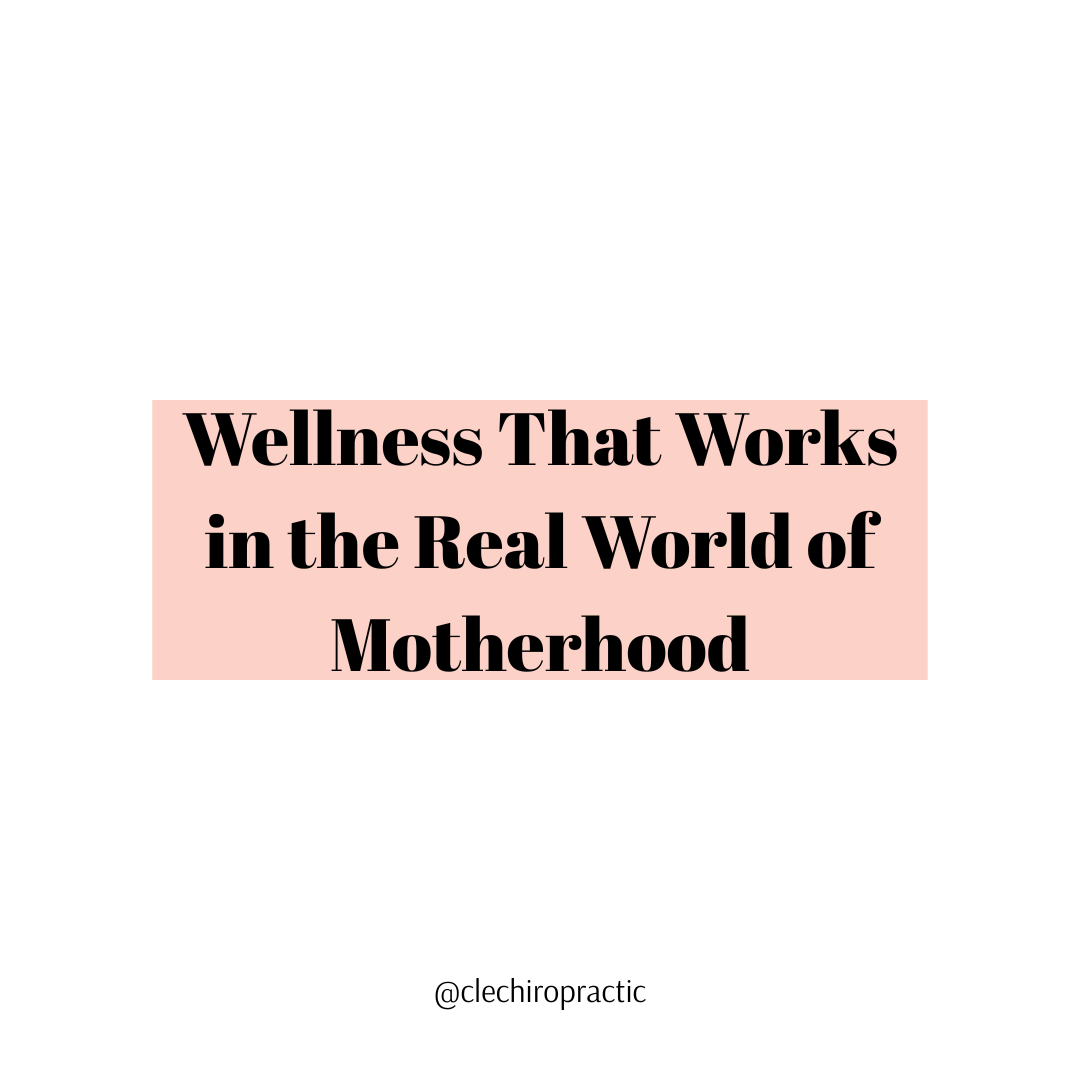Can Chiropractic Adjustments Help With Sleeping Discomfort?
Struggling to get comfortable at night during pregnancy or postpartum? You’re not alone. Many people search for answers about pregnancy sleep discomfort, hip pain at night, or postpartum sleep pain, and one question comes up again and again:
“Can chiropractic adjustments help with sleeping discomfort?”
In many cases, chiropractic care may help improve sleep comfort by reducing pain, improving alignment, and supporting the body’s natural ability to rest.
Why Sleeping Gets Harder During Pregnancy and Postpartum
Pregnancy and postpartum bring rapid changes to the body, and many of them directly impact sleep. Common causes of nighttime discomfort include:
Low-back pain or pelvic pain at night
Hip pain while side sleeping
Rib or mid-back tightness
Neck and shoulder strain from new feeding or carrying positions
Hormonal changes that affect joint stability
Postural shifts as your body adapts during and after pregnancy
How Chiropractic Adjustments Can Improve Sleep Discomfort
1. Reduce Muscle Tension
Gentle pregnancy-safe or postpartum-informed adjustments help release tension in the hips, low back, shoulders, and ribs. Relaxed muscles make it easier to settle into sleep and stay comfortable.
2. Improve Pelvic and Spinal Alignment
Misalignment can make side-sleeping or rolling over painful. Chiropractic adjustments help restore balance to the pelvis and spine, reducing pain that interrupts sleep.
3. Increase Mobility
Better mobility means fewer sharp pains or long minutes repositioning in bed. Many patients report they can roll, shift, and get up more easily after an adjustment.
4. Support Nervous System Regulation
Chiropractic care can help calm the nervous system, which supports better relaxation and deeper, more restorative sleep.
Simple At-Home Tips to Improve Sleep Comfort
If you're experiencing pregnancy or postpartum sleep discomfort, try combining chiropractic care with a few supportive habits:
1. Use Targeted Pillow Support
For pregnancy:
A pillow under the belly
One between the knees
One behind the back
One between the ankles
For postpartum:
A firm pillow between the knees and ankles
A small pillow under the waist for side-sleepers
2. Add a Gentle Nighttime Stretch
A few minutes of:
Cat-cow
Child’s pose
Chest opening stretch
These help release tension before bed.
3. Watch Evening Posture
Avoid long periods of slouching on a soft couch or feeding the baby in unsupported positions. Poor evening posture can be a trigger for nighttime back and hip pain.
4. Reset the Core (Postpartum)
Gentle diaphragmatic breathing helps activate deep core muscles, reducing low-back stress at night.
When to Consider Chiropractic Care for Sleep Issues
An adjustment may help if you’re experiencing:
Hip pain while sleeping during pregnancy
Sharp pain when rolling over
Rib pain that makes side-sleeping difficult
Persistent low-back discomfort at night
Neck and shoulder tightness from feeding or holding the baby
As your body changes, you deserve restorative sleep—and chiropractic care can be a trusted partner in helping you find it. If you’d like to learn more or schedule a visit, please contact our office.
Take care!!
Dr. Alex





